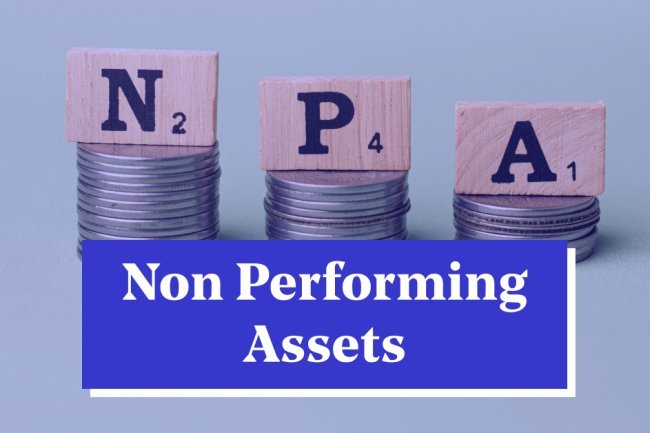Congress Criticizes SBI’s Move to Acquire Stake in Debt-Ridden Infrastructure Company

Congress Criticizes SBI’s Move to Acquire Stake in Debt-Ridden Infrastructure Company
The State Bank of India’s (SBI) decision to acquire equity in financially troubled Supreme Infrastructure India Limited (SIIL) has sparked backlash from the Congress party, which has called for the Reserve Bank of India (RBI) to step in. The move, which will see SBI acquire a 2.08% stake in SIIL through a proposed preferential issue, has raised concerns about the management of distressed assets and public sector banks' roles in corporate debt recovery.
Congress leader Jairam Ramesh voiced his concerns, suggesting that such an arrangement could set a problematic precedent in India’s corporate debt landscape. He warned that allowing companies like SIIL, which have defaulted on significant debts, to retain control despite their financial struggles could encourage other firms to seek similar arrangements. Ramesh questioned whether SBI is prioritizing the recovery of public funds or aligning itself with the interests of defaulting borrowers like SIIL.
SIIL, headquartered in Mumbai and promoted by Bhawani Shankar Sharma, has been posting losses for nearly a decade. The company went public during the infrastructure boom of 2007 but first reported a consolidated net loss in FY2014-15. Since then, its financial woes have deepened, with its net worth eroding from Rs 848.6 crore in FY14 to a negative Rs 4,870.5 crore by FY24. The company’s troubles stem from a steady decline in revenues and mounting interest burdens due to its significant debt load. In FY24, SIIL reported a net loss of Rs 1,175 crore on net sales of Rs 58.73 crore, a stark contrast to its performance in FY15 when it posted a net loss of Rs 14.36 crore on net sales of Rs 1,814 crore.
Despite the sharp criticism, neither SBI nor SIIL has commented on the matter. Meanwhile, concerns continue to grow over the impact of such decisions on the broader insolvency framework and the financial sector.
Click Here to Visit
What's Your Reaction?
















